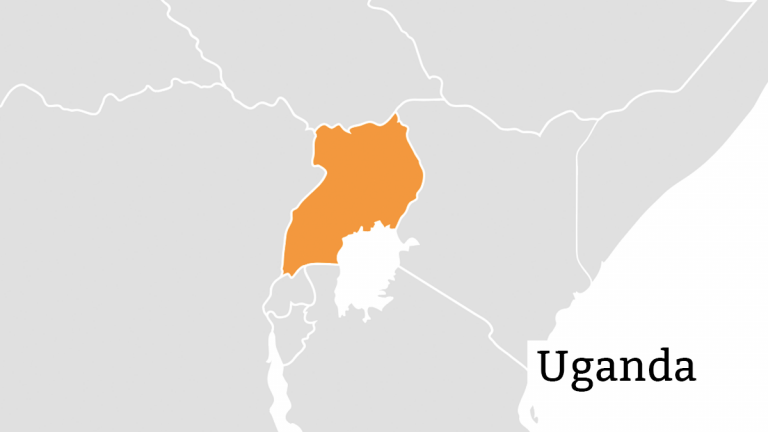
Uganda addressed years-long delays to launch an ambitious plan to lay fibre-optic backbone infrastructure throughout its entire territory and improve citizen access to government services.
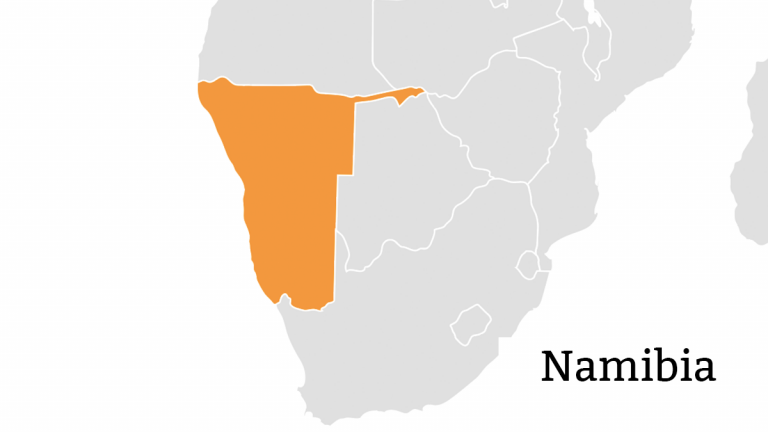
By creating an enabling regulatory environment and an empowered regulator that relies on evidence to make its decisions, Namibia has put broadband within reach of nearly three quarters of its population.

This report explores how social media taxes in Tanzania, Uganda, and Zambia are affecting the ability of citizens — in particular, women — to connect and access the internet’s benefits.

In September 2018, the Benin government proposed a tax on over-the-top services. The proposed tax was two-fold: a 5% tax on the pre-tax price for voice, SMS and internet services and a 5 CFA fee per MB for data used to access social media and OTTs.

The report provides the first set of publicly available data around upload and download speeds from across 54 low- and middle-income countries.
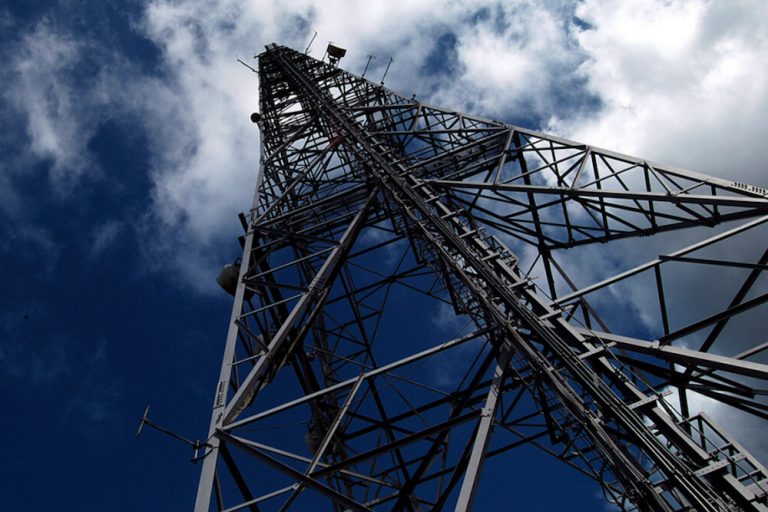
This report looks at the role of multilateral development banks (MDBs) in closing the digital divide and enabling universal internet access. The research specifically explores how — and how much — MDBs are investing in the ICT sector across low- and middle-income countries.
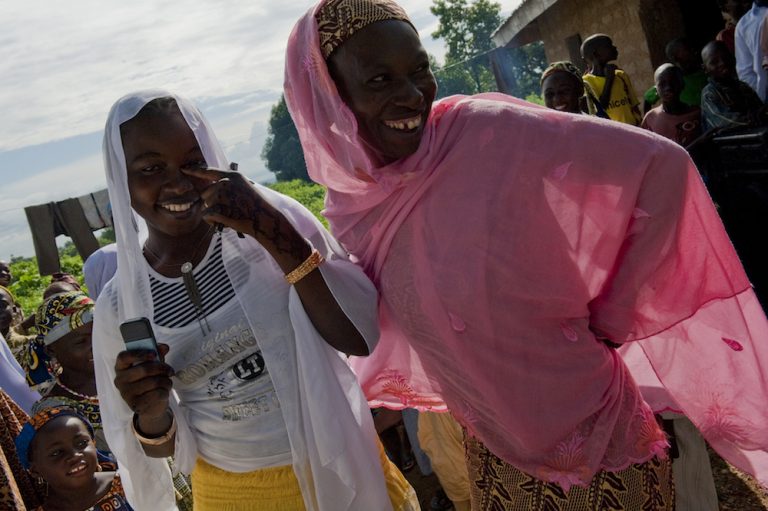
This report examines the existence and use of USAFs across Africa and estimates that US$408 million collected to expand internet access has been left unused.
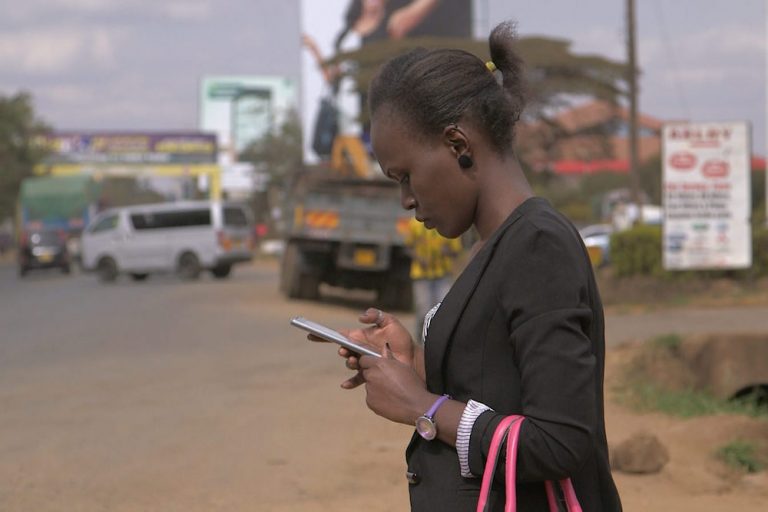
In this paper, we explore the types of mobile data plans Kenyans purchase, in order to understand and quantify their levels of internet access, as well as to determine whether differences exist in the plans purchased between women and men.
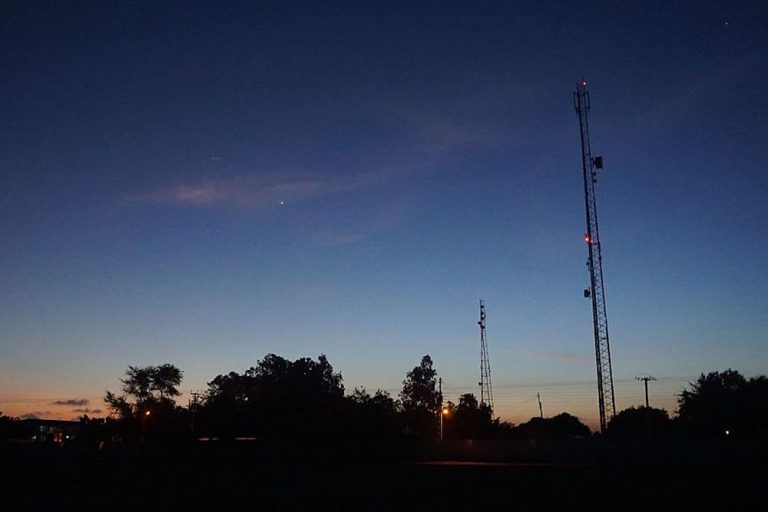
This study looks at the state of infrastructure sharing in Ghana, and provides recommendations for private and public sector actors to take to improve infrastructure sharing and advance affordable access for industry and consumers alike.
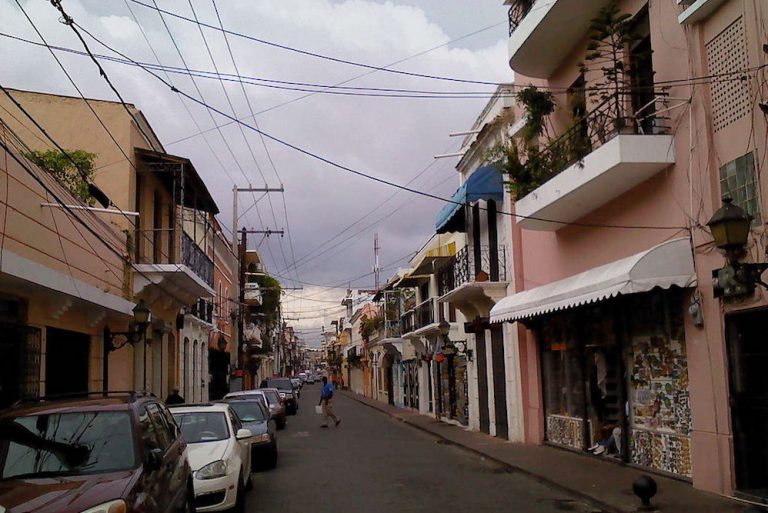
El objetivo de este estudio es investigar acerca de los efectos que se pueden derivar de la práctica de la compartición de la infraestructura, para el servicio en la República Dominicana, y sugiera el modo de extenderla y hacerla más eficiente y efectiva para lograr el Internet de banda ancha accesible y asequible para tod@s.
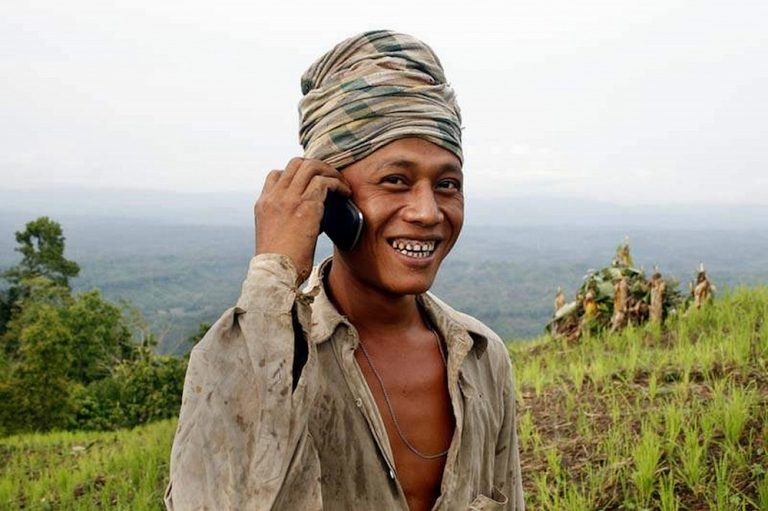
This report explores the current state of affordable internet access in Bangladesh, examining the history and growth of the country’s telecom sector, the policies currently governing the sector, and the policies and questions to be addressed in order for the country to overcome remaining barriers to access.
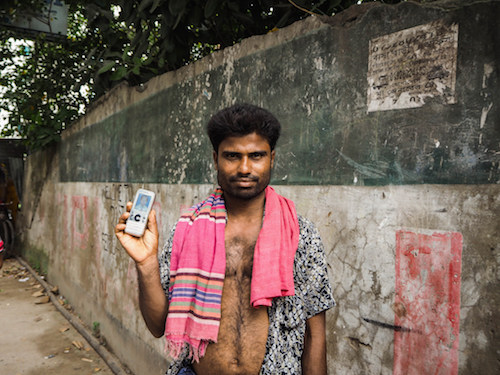
This series of three short briefs aims to uncover drawing on national survey data, key stakeholder interviews, and secondary sources across Bangladesh, Colombia, Ghana, India, Kenya, Nigeria, Peru and the Philippines to determine how mobile data service models impact internet affordability and usage.











